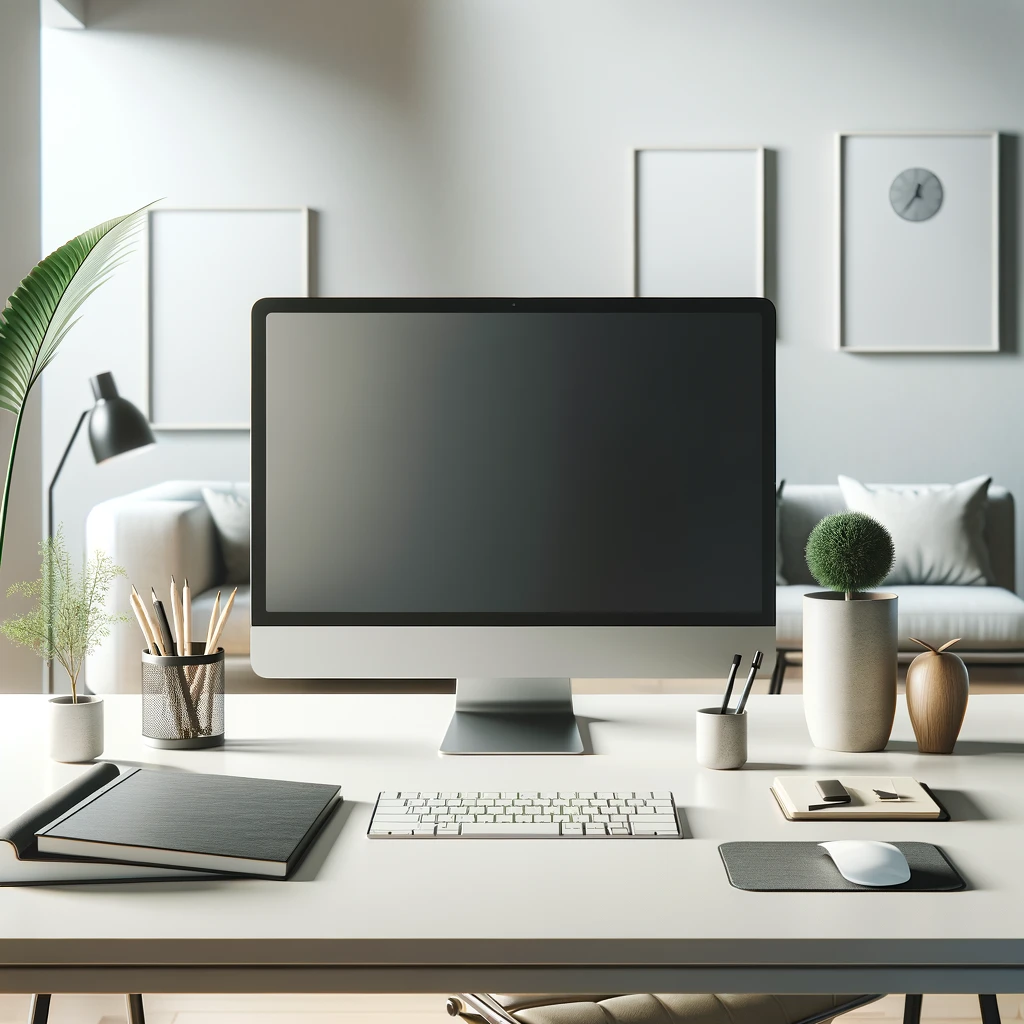The Importance of Keeping Your Workspace Organized for Better Productivity
Maintaining an organized workspace is essential for maximizing productivity and enhancing overall work performance. An orderly environment not only helps in focusing on tasks but also reduces stress and improves efficiency. Here’s why it matters and how you can achieve a well-organized workspace.

Why Keeping Your Workspace Organized is Important
- Improves Time Management: An organized workspace allows for easier access to necessary items, reducing the time spent searching for tools or documents. This efficiency in locating materials directly translates to better time management, allowing more time to be dedicated to important tasks.
- Increases Focus and Concentration: Clutter can be a significant source of distraction, causing your mind to wander. By keeping your workspace tidy, you minimize visual distractions, allowing you to focus better on the tasks at hand and improve your concentration.
- Reduces Stress: A cluttered environment can contribute to feelings of stress and overwhelm. Keeping your workspace clean and organized can help alleviate this stress, creating a more peaceful and productive work environment. This can lead to improved mental health and a more positive work experience.
- Boosts Morale and Productivity: An organized workspace can enhance your mood and motivation, leading to higher productivity levels. When you have a clean and orderly environment, it promotes a sense of accomplishment and encourages you to maintain that standard, which in turn can boost your overall work performance.
How to Organize Your Workspace
- Declutter Regularly: Start by clearing your desk of unnecessary items. Remove anything that doesn’t serve a purpose, and keep only essential tools and documents. Regularly decluttering helps prevent the buildup of unwanted materials and keeps your workspace tidy.
- Use Storage Solutions: Invest in desk organizers, drawers, and shelves to keep your items neatly stored. Group similar items together and label them for easy access. This system helps maintain order and ensures that everything has a designated place.
- Optimize Digital Organization: Keep your computer desktop clean and organize your digital files into appropriate folders. Regularly clean out your email inbox and delete unnecessary files. A well-organized digital space complements your physical workspace and enhances overall efficiency.
- Create a Filing System: Develop a filing system that makes sense to you, whether it’s alphabetical or based on project priority. Create dedicated folders for meetings, projects, and individuals to keep related documents together and easy to find.
- Establish a Cleaning Routine: Spend a few minutes at the end of each day tidying up your desk. This routine helps maintain an organized workspace and ensures you start each day with a clean slate. Regular cleaning also prevents clutter from accumulating.
- Personalize Thoughtfully: While it’s important to keep your desk functional, adding a few personal items like a family photo or a small plant can make your workspace more enjoyable without adding clutter. Balance is key to ensuring that personal items enhance your space without becoming distractions.
- Use Wall Space: Maximize your workspace by using wall-mounted shelves, bulletin boards, or hooks. This can help keep your desk surface clear while keeping essential items within reach.
- Implement Task Clustering: Allocate specific times for different activities. For example, set aside time for emails, phone calls, and larger projects. This strategy not only helps organize your tasks but also minimizes the mental cost of switching between different types of work.
By implementing these methods, you can create a more organized and productive workspace, reducing stress and improving your overall work performance. An organized workspace is not just about aesthetics; it’s a fundamental aspect of effective work habits and professional success.



